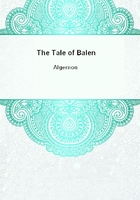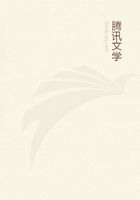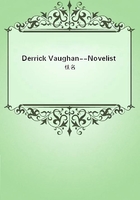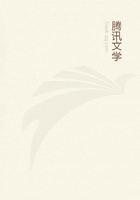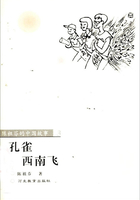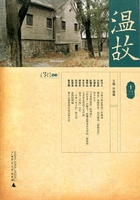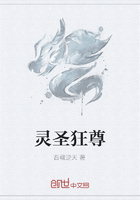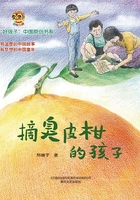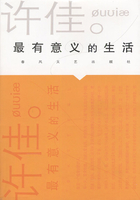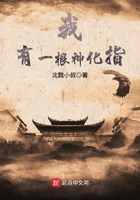Under this system, rude as it may appear when compared with those elaborate constitutions of which the last seventy years have been fruitful, the English long enjoyed a large measure of freedom and happiness. Though, during the feeble reign of Henry the Sixth, the state was torn, first by factions, and at length by civil war; though Edward the Fourth was a prince of dissolute and imperious character; though Richard the Third has generally been represented as a monster of depravity; though the exactions of Henry the Seventh caused great repining; it is certain that our ancestors, under those Kings, were far better governed than the Belgians under Philip, surnamed the Good, or the French under that Lewis who was styled the Father of his people. Even while the wars of the Roses were actually raging, our country appears to have been in a happier condition than the neighbouring realms during years of profound peace. Comines was one of the most enlightened statesmen of his time. He had seen all the richest and most highly civilised parts of the Continent. He had lived in the opulent towns of Flanders, the Manchesters and Liverpools of the fifteenth century. He had visited Florence, recently adorned by the magnificence of Lorenzo, and Venice, not yet bumbled by the Confederates of Cambray. This eminent man deliberately pronounced England to be the best governed country of which he had any knowledge. Her constitution he emphatically designated as a just and holy thing, which, while it protected the people, really strengthened the hands of a prince who respected it. In no other country were men so effectually secured from wrong. The calamities produced by our intestine wars seemed to him to be confined to the nobles and the fighting men, and to leave no traces such as he had been accustomed to see elsewhere, no ruined dwellings, no depopulated cities.
It was not only by the efficiency of the restraints imposed on the royal prerogative that England was advantageously distinguished from most of the neighbouring countries. A: peculiarity equally important, though less noticed, was the relation in which the nobility stood here to the commonalty.
There was a strong hereditary aristocracy: but it was of all hereditary aristocracies the least insolent and exclusive. It had none of the invidious character of a caste. It was constantly receiving members from the people, and constantly sending down members to mingle with the people. Any gentleman might become a peer. The younger son of a peer was but a gentleman. Grandsons of peers yielded precedence to newly made knights. The dignity of knighthood was not beyond the reach of any man who could by diligence and thrift realise a good estate, or who could attract notice by his valour in a battle or a siege. It was regarded as no disparagement for the daughter of a Duke, nay of a royal Duke, to espouse a distinguished commoner. Thus, Sir John Howard married the daughter of Thomas Mowbray Duke of Norfolk. Sir Richard Pole married the Countess of Salisbury, daughter of George, Duke of Clarence. Good blood was indeed held in high respect: but between good blood and the privileges of peerage there was, most fortunately for our country, no necessary connection. Pedigrees as long, and scutcheons as old, were to be found out of the House of Lords as in it. There were new men who bore the highest titles. There were untitled men well known to be descended from knights who had broken the Saxon ranks at Hastings, and scaled the walls of Jerusalem. There were Bohuns, Mowbrays, DeVeres, nay, kinsmen of the House of Plantagenet, with no higher addition than that of Esquire, and with no civil privileges beyond those enjoyed by every farmer and shopkeeper.
There was therefore here no line like that which in some other countries divided the patrician from the plebeian. The yeoman was not inclined to murmur at dignities to which his own children might rise. The grandee was not inclined to insult a class into which his own children must descend.
After the wars of York and Lancaster, the links which connected the nobility and commonalty became closer and more numerous than ever. The extent of destruction which had fallen on the old aristocracy may be inferred from a single circumstance. In the year 1451 Henry the Sixth summoned fifty-three temporal Lords to parliament. The temporal Lords summoned by Henry the Seventh to the parliament of 1485 were only twenty-nine, and of these several had recently been elevated to the peerage. During the following century the ranks of the nobility were largely recruited from among the gentry. The constitution of the House of Commons tended greatly to promote the salutary intermixture of classes. The knight of the shire was the connecting link between the baron and the shopkeeper. On the same benches on which sate the goldsmiths, drapers, and grocers, who had been returned to parliament by the commercial towns, sate also members who, in any other country, would have been called noblemen, hereditary lords of manors, entitled to hold courts and to bear coat armour, and able to trace back an honourable descent through many generations. Some of them were younger sons and brothers of lords. Others could boast of even royal blood. At length the eldest son of an Earl of Bedford, called in courtesy by the second title of his father, offered himself as candidate for a seat in the House of Commons, and his example was followed by others. Seated in that house, the heirs of the great peers naturally became as zealous for its privileges as any of the humble burgesses with whom they were mingled. Thus our democracy was, from an early period, the most aristocratic, and our aristocracy the most democratic in the world; a peculiarity which has lasted down to the present day, and which has produced many important moral and political effects.


